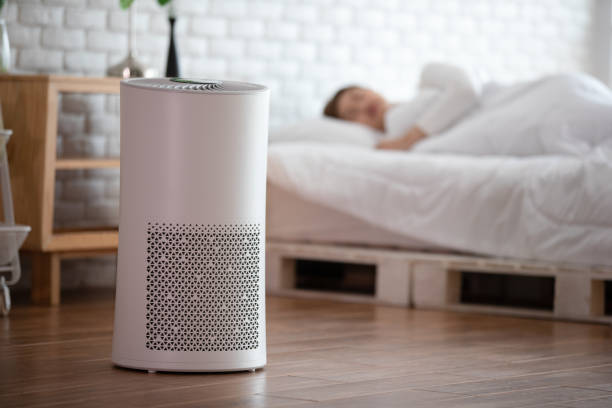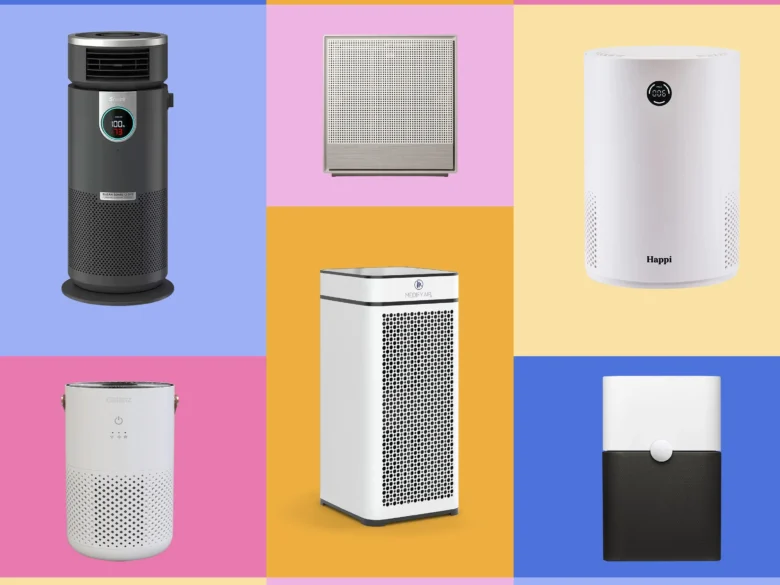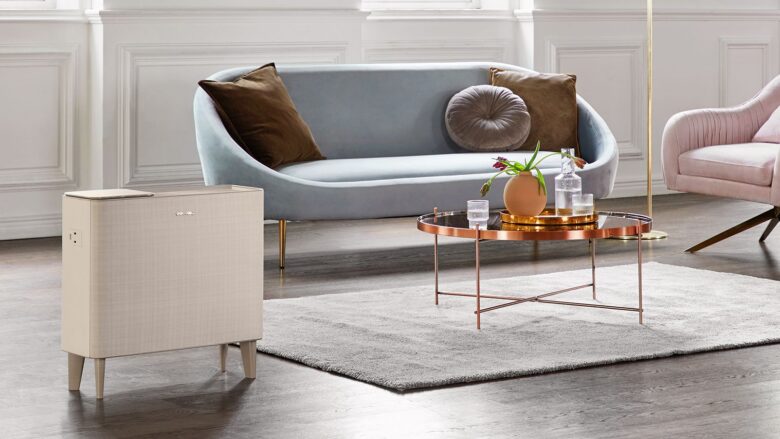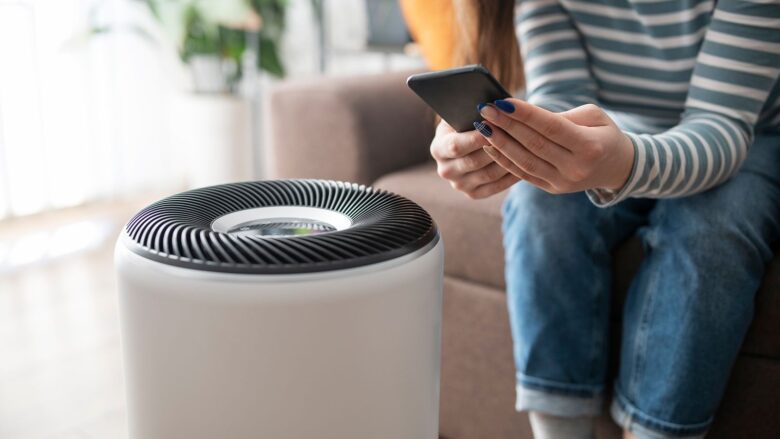Air purifiers are becoming increasingly popular in Brisbane as more people seek ways to improve indoor air quality and reduce allergens and pollutants. However, choosing the right air purifier can be overwhelming, considering the many available options. This article will explore choosing the right air purifier in Brisbane for your home.

Factors to Consider Before Purchasing an Air Purifier
Before you invest in an air purifier, you must consider the following factors to determine your exact requirement:
- Determine Your Air Quality Needs: Before you begin your search for an air purifier, it’s essential to identify your air quality requirements. Do you have specific filtration needs due to allergies or asthma? Are you concerned about pet dander or mould spores in your home? Do you live in an area with high pollution levels or near a busy road or industrial area? Understanding your specific air quality concerns will help you choose the best purifier for your situation. Depending on your needs, you might want a wall plug-in, portable air purifier, air purifier with Bluetooth speaker, or an AD-06 bundle pack.
- Consider Room Size: Choosing the right air cleaner for your space is essential to its effectiveness. Consider the room size where you plan to use it. A cleaner that is too small for the room won’t be able to effectively filter the air, while one that is too large may be unnecessary and more expensive than needed. Check the product specifications and make sure to choose a purifier that is designed for the size of your room. This way, you can ensure that your purifier is working optimally to provide clean and fresh air in your living space.
- Check the CADR Rating: The Clean Air Delivery Rate (CADR) is a crucial factor to consider when selecting an air cleaner. This rating system measures the speed at which the purifier can clean a specific-sized room of airborne particles. It’s essential to check the CADR rating before buying a cleaner to ensure it can clean the air effectively in your space. Choosing one with a higher CADR rating can help improve air quality more quickly, making it a worthwhile investment for your health and well-being.
- Look for Additional Features: Air scrubbers come with various features that can enhance their effectiveness and convenience. Many models have additional filters targeting specific pollutants such as allergens, smoke, or pet dander. Some also have built-in ionisers that can further purify the air by removing small particles. Other features include remote controls, digital displays, and filter replacement indicators. Some high-end models even have smart capabilities, allowing you to control the air scrubber with your voice or through a mobile app. Consider the most useful features of your home when choosing it.
- Consider Noise Level: When considering an air cleaner for your home or office, it’s essential to consider the noise level. Some models can be quite noisy, making them a distraction and a nuisance. Look for a cleaner with a low decibel rating, typically around 50 decibels or less, if noise concerns you. Additionally, some of them come with night modes or sleep settings that operate at a lower noise level to prevent disturbance while you sleep. By choosing a purifier with a lower noise level, you can improve your air quality without sacrificing peace and quiet.
- Evaluate Maintenance Requirements: Air purifiers require regular maintenance to operate effectively. It’s important to consider the maintenance requirements of each model before making a purchase. Some have washable filters that can be easily cleaned and reused, while others require the filters to be replaced every few months. Replacement filters can increase cost over time, so factoring that into your decision-making process is essential. Additionally, some models require regular cleaning of the air intake grilles and other parts to prevent the buildup of dust and debris. Understanding the maintenance requirements of your purifier can help you keep it running efficiently for years to come.
- Compare Prices: When considering an air cleaner, comparing prices to find the best value for your budget is important. Some models can cost several hundred dollars, while others may be more affordable. However, it’s important to remember that the initial cost of the air cleaner is not the only expense to consider. Ongoing expenses like filter replacements can add up over time. In Brisbane, owning an air cleaner can range from $100 to $1000, with filter replacements costing around $50 to $100 per replacement. Carefully evaluating prices and ongoing expenses can help you find the most cost-effective option to suit your needs.

Types of Air Purifiers Available In The Market
Several different types of air purifiers are available in the market, each with its own benefits. Some of the most common types include:
- HEPA Air Purifiers: They are the most common type of air purifier. They use a High-Efficiency Particulate Air (HEPA) filter to capture particles as small as 0.3 microns, including dust, pollen, and pet dander. HEPA filters effectively remove airborne particles, making them an excellent option for those with allergies or asthma.
- UV Air Purifiers: UV air purifiers use ultraviolet light to kill bacteria and viruses. These purifiers work by exposing the air to UV-C light, which damages the DNA of bacteria and viruses, preventing them from reproducing. They are ideal for those concerned about airborne pathogens, such as those with compromised immune systems.
- Activated Carbon Air Purifiers: Activated carbon air purifiers use activated carbon to absorb odours and chemicals from the air. These purifiers work by attracting and trapping molecules of odours and chemicals on the surface of the activated carbon filter. They are great for eliminating smoke, cooking odours, and other household smells.
- Ionic Air Purifiers: Ionic air purifiers use charged ions to attract and remove particles from the air. These purifiers function by producing negatively charged ions that attach to positively charged particles in the air, causing them to fall to the ground or stick to surfaces. They are quiet and low maintenance but can produce ozone, which can be harmful to some individuals.
- Ozone Generators: Ozone generators work by producing ozone, which can react with pollutants in the air to neutralise them. However, ozone can also be harmful to human health, and these types of cleaners should only be used in unoccupied spaces.

Choosing the right air purifier in Brisbane for your home can seem overwhelming, but by considering your air quality needs, understanding the different types of purifiers, and evaluating features like room size, CADR rating, and maintenance requirements, you can make an informed decision. Remember to consider noise levels and price to ensure the best air cleaner for your home. By investing in a quality air cleaner, you can enjoy cleaner, healthier air and improve your quality of life.

